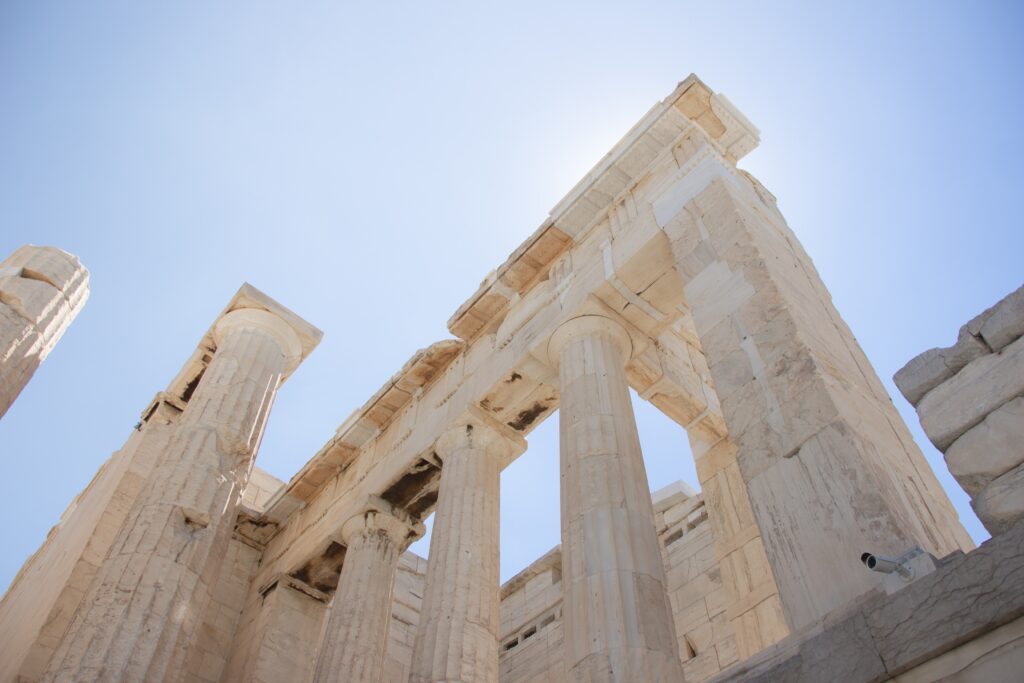LKA036M05
5 ECT
Elective
From the very outset the history of architecture as an academic discipline has been strongly connected to the issue of how to preserve historical monuments. Originally a pastime for educated members of the leisure class, in the early nineteenth century the idea of cultural heritage acquired a more political meaning, as it has gradually became instrumental for the redefinition of cultural and national identities. In the twentieth century, historical values related to how buildings reflect social and economic functions – production processes, technological inventions, social trends – supplemented the traditional focus on artistic values. In the 1980s, the world of cultural heritage became increasingly international in scope, and in the 1990s the idea emerged to integrate cultural heritage in redevelopment plans for villages, cities and landscapes. Contemporary urban and architectural interventions in existing spatial artefacts often require historical research to assess cultural heritage values – opening a field that offers historians a rich and varied job market. This course traces the concept of cultural heritage from its very beginnings in Romanticism through successive stages of a more scholarly approach to the current challenge of adapting old buildings to new uses. The central problem here is how to find a balance between today’s practical demands and the specific architectural and historical values worthy to be protected in a historical building.
